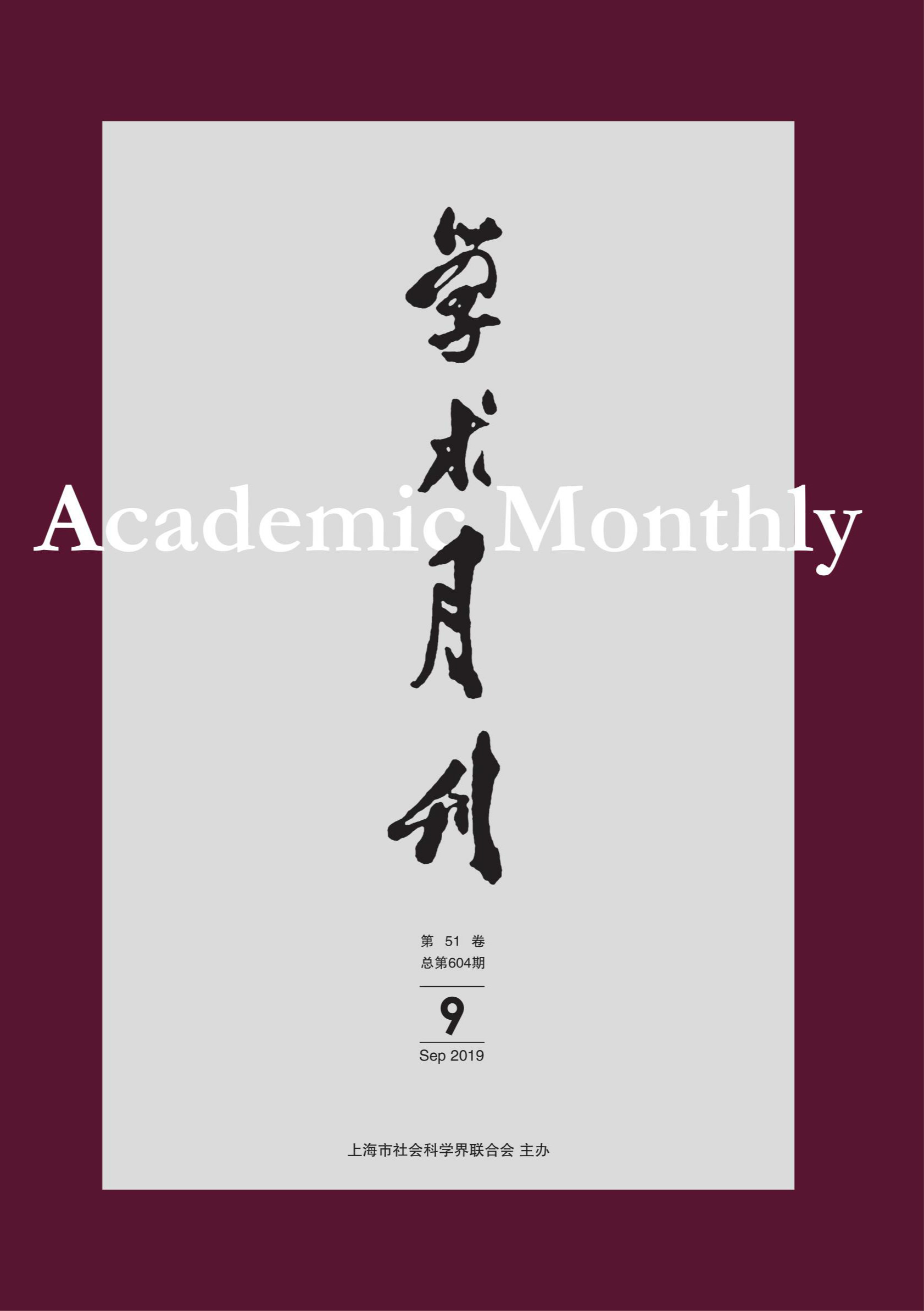Citation:
Shuifa HAN. Four Perspectives of Freedom[J]. Academic Monthly, 2019, 51(9): 5-17.

Four Perspectives of Freedom
-
Abstract
In any case, in comparison with the nature, freedom is an ability of consciousness (or reason). Today, re-examining and re-understanding freedom from the perspective of the critiqueof reason has already had sufficient reasons and necessary conditions. Instead of separating scientific knowledge from freedom at the epistemic level, we consider them as different perspectives of one and the same activity, Nor do we distinguish between moral and scientific knowledge, we simply take them to be different perspectives of freedom.Freedom is classified as a number of perspectives here because they are partially overlapping and intersecting each other, but locating in samespace-time structure. They can be understood and recognized through four different dimensions and paradigms. Consciousness does have the ability to have such freedoms, and the most fundamental characteristic of consciousness and its freedom is their irreducibility, autonomous construction, free decision, and imagination. Since there is a deep and unpredictable interpretation gap between the physical world and consciousness, why consciousness and freedom have such capabilities and characteristics, so far no effective and reasonable explanation can be obtained. Their enormous real capacity and their unaccountability show a shocking contrast. Therefore, systematically describing these phenomena, distinguishing them from different types and clearly defining them is a work of fundamental importance.
-

-
References
-
Access
-
-
[1]
Peiguo ZHANG
. Rethinking on the Paradigm of “Capitalist Germination”. Academic Monthly,
2021, 53(12): 168-181.
-
[2]
. . Academic Monthly,
2017, 49(02): 34-43.
-
[3]
LIANG Tao
. Mencius' Three Dimensions of the Distinction between Righteousness and Profit. Academic Monthly,
2024, 56(3): 37-43.
-
[4]
Yuefeng CHEN
. Regulating Risk Administration from the Perspective of the Law of Administrative Action. Academic Monthly,
2020, 52(6): 98-110, 97.
-
[5]
Chunzhen GUO
, Haiyang WANG
. Normative Structure of the Right to Erasure in Personal Information Protection. Academic Monthly,
2022, 54(10): 92-106.
-
[6]
. . Academic Monthly,
2016, 48(09): 59-72.
-
[7]
JIA Wenjuan
. The Body of Labor, the Mind of Capital——Self Capitalization and the Formation of the Laborers Ideology in Late Neoliberalism. Academic Monthly,
2023, 55(12): 112-121.
-
[8]
Xuguang LIU
. Free Play - Free Pleasure. Academic Monthly,
2020, 52(6): 122-134.
-
[9]
Huiying FANG
. The Value Orientation and Standardized Construction of the Principle of Modesty in Criminal Law. Academic Monthly,
2022, 54(7): 117-125.
-
[10]
LIN Hua
. The Logic of Rule of Law in Urban Renewal: Interest Balance and Procedural Construction. Academic Monthly,
2023, 55(5): 94-105.
-
[11]
. . Academic Monthly,
2016, 48(07): 66-78.
-
[12]
Guanbin SHI
. Normative Construction and Value Orientation of Mental Damage Compensation System in Civil Code. Academic Monthly,
2022, 54(4): 121-130.
-
[13]
Xianbin YANG
. Normative Explanation and Systematic Construction of Rules of Processing of Sensitive Personal Information in China. Academic Monthly,
2022, 54(10): 107-119.
-
[14]
Yuhong HU
. The Position, Origin and System of the Methodology of Jurisprudence. Academic Monthly,
2023, 55(4): 17-32.
-
[15]
Meng HOU
. Paradigm of Empirical Legal Research: Compared with Normative Legal Research. Academic Monthly,
2021, 53(3): 99-105.
-
[16]
Youmei LI
, Jing GENG
. The Paradigm of Knowledge Production in Chinese Sociology. Academic Monthly,
2020, 52(6): 5-16.
-
[17]
. . Academic Monthly,
2016, 48(09): 38-48.
-
[18]
. . Academic Monthly,
2017, 49(06): 83-98.
-
[19]
Dongling LIU
. New Human Beings’ Born: On the Construction of Yan’an Literature Paradigm. Academic Monthly,
2022, 54(10): 144-155.
-
[20]
. . Academic Monthly,
2020, 52(8): 5-15.
-
-



 沪公网安备 31010102003103号
沪公网安备 31010102003103号 DownLoad:
DownLoad: